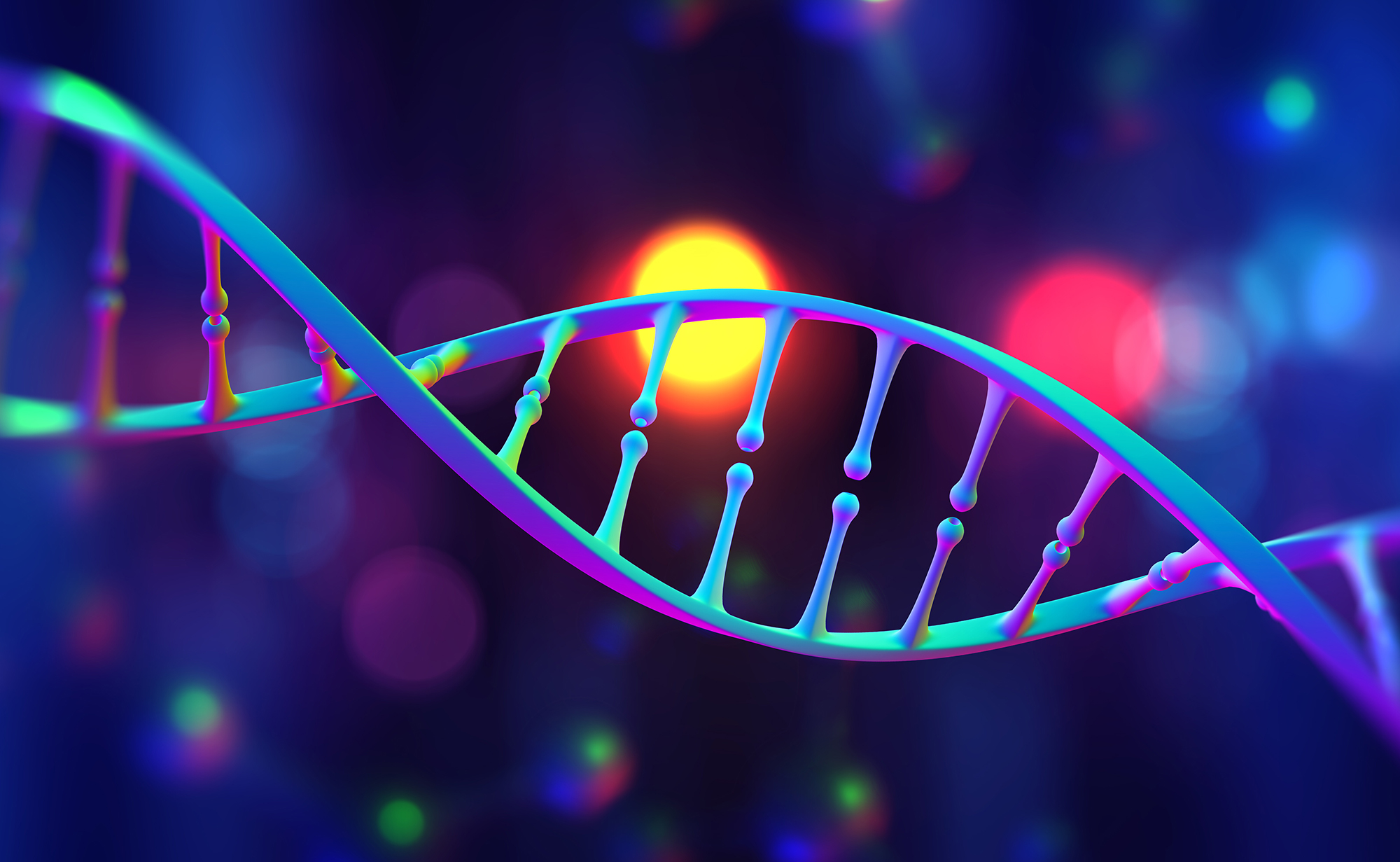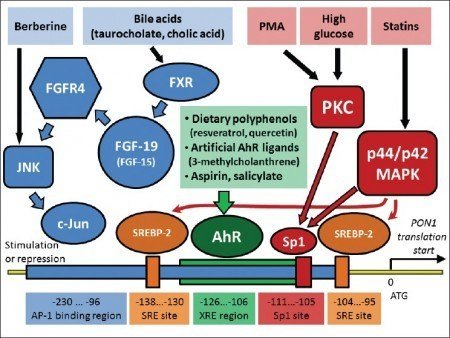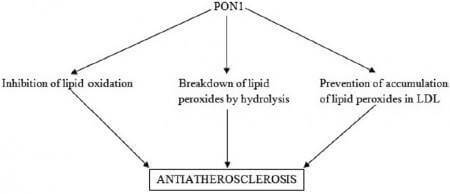
Are you dealing with oxidative stress? Do you have a problem detoxifying from drugs, supplements or chemicals? Suffer from bacterial infections? Have heart disease? Autism?
PON1 is implicated in all of these. Read on…
The Benefits of PON1
PON1 is responsible for detoxifying organophosphate pesticides and nerve gasses.
It detoxifies lactones (such as statins), glucuronide drugs, thiolactones, aryl esters, cyclic carbonates, estrogens and lipid peroxides (oxidized lipids) [1].
PON1 also protects against bacterial infection by destroying the bacterial signaling molecules that cause gram-negative bacteria to invade human tissue and form colonies. Thus PON1 contributes to the bodies innate immunity [1].
PON1 (paraoxonase 1) is a major anti-atherosclerotic component of HDL. PON1 is transported by HDL, which is one significant reason (if not the only reason) why having higher HDL is protective against heart disease.
It protects against the induction of inflammatory responses in artery wall cells by destroying biologically active lipids in oxidized LDL [2].
Oxidized-fats and cholesterol are the major cause of inflammation and are responsible for the initiation and propagation of several inflammatory diseases including heart disease and stroke, diabetes, liver and kidney diseases, arthritis, eye diseases (macular degeneration), cancer and HIV infection [1].
Because of its ability to destroy oxidized-lipids, PON1 appears to play some role in all these diseases. However, the greatest research interest has been the role of PON1 in heart disease, because of its ability to remove harmful oxidized-lipids [1].
PON1 has a role in healthy aging [1].
People with Autism have lower PON1 activity (arylesterase activity) [3].
How to Increase PON1

Activating PPAR gamma increases the synthesis and release of PON1 from the liver [5].
Other ways to increase PON1:
Lifestyle
Foods
- Mediterranean Diet [11]
- Extra Virgin Olive Oil [12]
- Fish oil/DHA [13, 14]
- Broccoli sprouts/Sulforaphane [15]
- Pomegranate [16]
- Blueberries [17]
- Allyl isothiocyanate (found in mustard, radish, wasabi) [15]
- Chokeberries (Aronia) [18, 19]
- Acai [20]
- Avocado [21]
- Dates (Hallawi variety) [22, 23]
- Beets (betaine) [24]
- Cinnamon [25]
- Coffee [26]
- Red Yeast Rice plus Rice Bran Oil [27]
- Ginger [28]
- Green Tea [29]
- Yerba Mate Tea [30]
- Onions [31]
- Red wine [32]
- Sumac [33]
- Whey [34]
Supplements
- Vitamin E [29, 35, 36]
- Vitamin C [29, 37]
- Vitamin A [38]
- Zinc [39, 40, 41]
- Folate [42]
- Iron (in anemia) [43]
- Curcumin [44]
- EGCG [29]
- Quercetin [45]
- Resveratrol [46]
- Berberine [47]
- Lycopene [48]
- Black Elderberry Extract [49]
- Cranberry Extract [50]
- Alpha Lipoic Acid [51, 52]
- Anthocyanin [53]
- Beta-Carotene [54]
- L-carnitine [55]
- Taurine [56]
- Cornelian Cherry [57]
- Cowpea [58]
- Curry Tree Extract [59]
- Red Sage Extract [60]
- Du-zhong Leaf Extract [61]
- Genistein [62]
- Luteolin [63]
- Naringenin [64]
- Oak Wood Extract [65]
- Phosphatidylcholine [66]
- Rutin [67]
What Inhibits PON1
Omega-6’s such as linolenic acid and arachidonic acid decrease PON1 [14].
Low-grade inflammation will decrease PON1, so you should fix general inflammation [1].
PON1 in human blood is inactivated by oxidized LDL and preserved by antioxidants [1], so taking care of oxidative stress, in general, is a good idea.
Bile acids inhibit PON1 via FXR activation [68].
PON1 Genetics
If you want to interpret your genes, you should use SelfDecode. These are SNPs in the PON1 gene.
SelfDecode is a sister company of SelfHacked. The proceeds from your purchase of this product are reinvested into our research and development, in order to serve you better. Thank you for your support.

